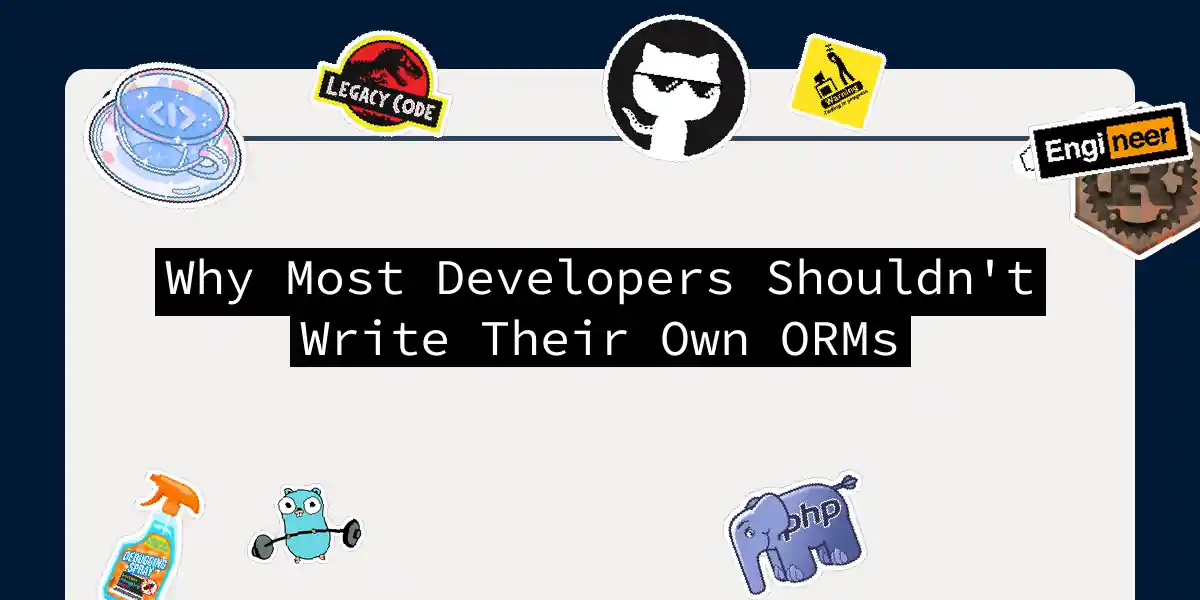
The Benefits of Not Updating Your Software Regularly: A Contrarian View
The Benefits of Not Updating Your Software Regularly: A Contrarian View In the world of software development, the mantra of “update regularly” is often preached as gospel. But what if I told you that there are some hidden gems, or at least interesting perspectives, to be found in the opposite approach? Now, before you label me a heretic, let’s dive into the uncharted territory of not updating your software regularly and see if we can uncover some unexpected benefits....



